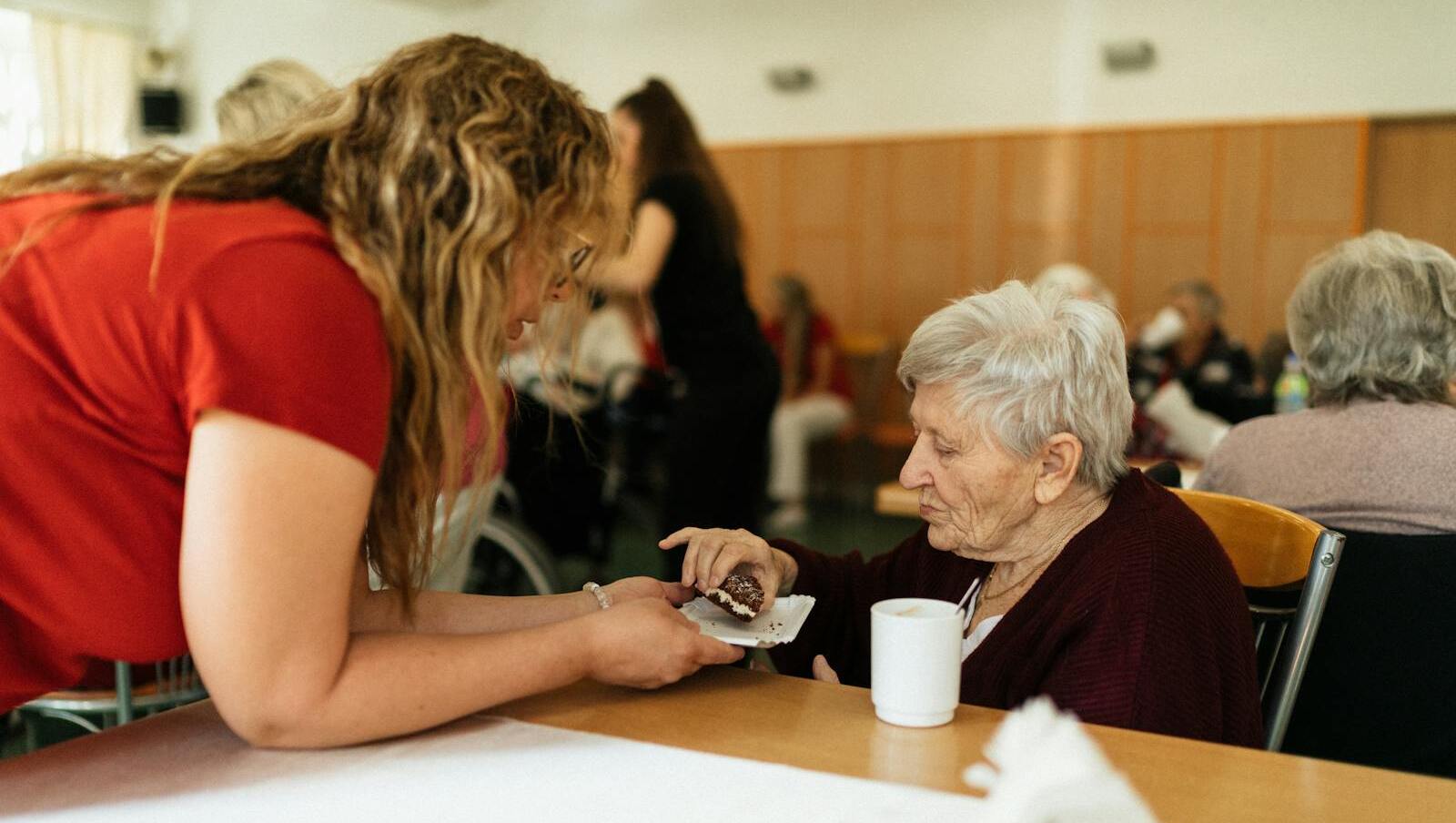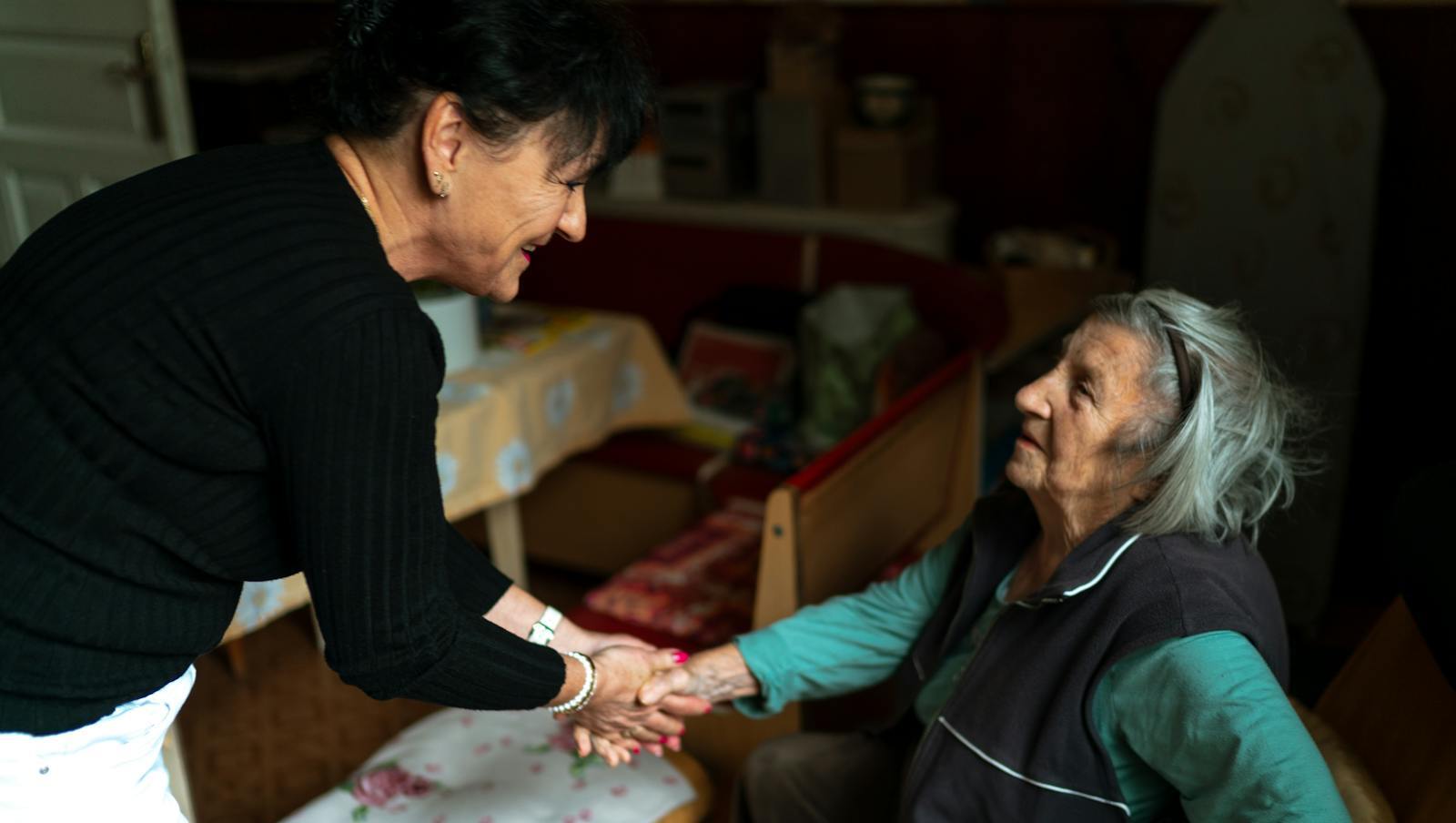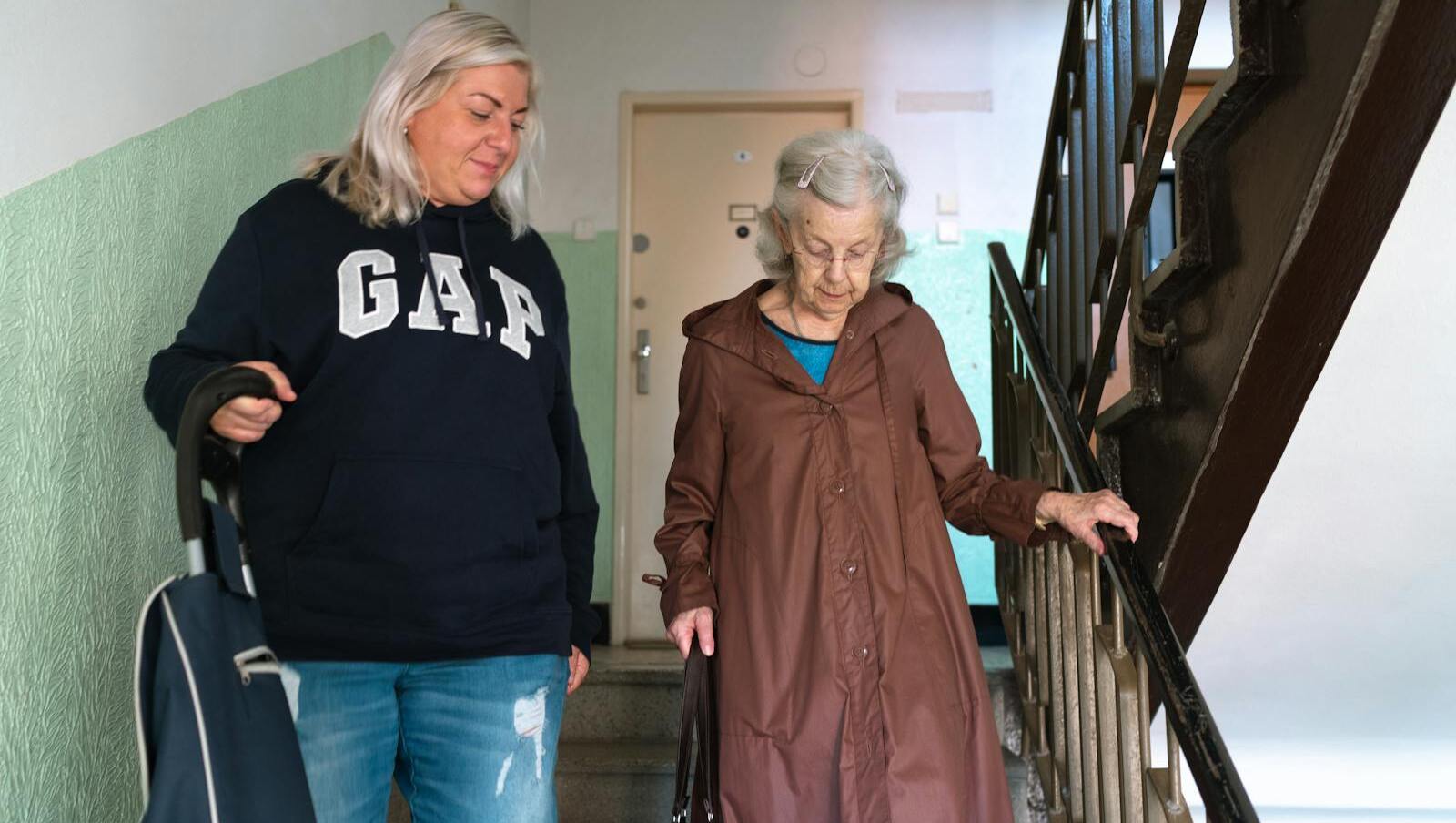Nursing Home Abuse Reporting Requirements in Tennessee

If you’ve noticed unexplained bruises on your elderly loved one, sudden behavioral changes, or other warning signs of potential mistreatment in a nursing facility, understanding nursing home abuse reporting requirements is critical. At the Nursing Home Firm, we’ve helped countless Tennessee families navigate these difficult situations and hold negligent facilities accountable.
Reporting nursing home abuse is often a legal requirement. This guide will walk you through who must report elder abuse, how to file a report in Tennessee, and what happens after a report is submitted.
Mandatory Reporting Laws in Tennessee
Tennessee has strong protections for vulnerable adults, including nursing home residents. Under the Tennessee Adult Protection Act (Tennessee Code § 71-6-103), certain individuals are legally required to report suspected abuse or neglect of adults who cannot protect themselves.
Who Must Report Nursing Home Abuse in Tennessee?
Tennessee law designates many professionals as mandatory reporters, including:
- Physicians, nurses, and other healthcare providers
- Mental health professionals
- Social workers
- Caregivers and nursing home staff
- Law enforcement officers
- Coroners and medical examiners
- Financial institution employees who observe financial exploitation
However, the law goes further than many states by establishing that any person who has reasonable cause to suspect abuse, neglect, or exploitation of a vulnerable adult must report it. This means that even family members, friends, or visitors who suspect abuse have a legal obligation to report it.
Failure to report suspected elder abuse is a Class A misdemeanor in Tennessee. This could result in up to 11 months and 29 days in jail and a fine of up to $2,500.
Recognizing Reportable Nursing Home Abuse
Understanding what constitutes reportable abuse is essential. Tennessee law recognizes several forms of elder abuse that must be reported:
Physical Abuse
- Unexplained bruises, cuts, or fractures
- Burns or restraint marks
- Broken eyeglasses
- Sudden changes in behavior when certain staff members are present
Emotional/Psychological Abuse
- Unusual withdrawal or agitation
- Depression or anxiety
- Fear around certain caregivers
- Being isolated from others
Sexual Abuse
- Bruising around breasts or genital area
- Unexplained vaginal or anal bleeding
- Torn or stained underwear
- Sexually transmitted diseases
Financial Exploitation
- Unexplained withdrawals from accounts
- Missing personal belongings
- Sudden changes in financial documents
- Bills going unpaid despite adequate finances
Neglect
- Pressure sores (bedsores)
- Weight loss or dehydration
- Poor hygiene or soiled clothing
- Unsanitary living conditions
- Medication errors
How to Report Nursing Home Abuse in Tennessee
Tennessee provides multiple channels for reporting suspected nursing home abuse or neglect:
Adult Protective Services (APS)
- Call: 1-888-277-8366 (toll-free)
- Report online: https://reportadultabuse.dhs.tn.gov/
- Available 24/7 for reports
Tennessee Department of Health
- Call: 877-287-0010
- File a healthcare facility complaint online through their website
- Focus on facilities that violate regulations or standards of care
Long-Term Care Ombudsman Program
- Call: 1-877-236-0013
- Advocates specifically for nursing home residents
- Can help resolve issues with the facility
Law Enforcement
- Call 911 for emergencies or immediate danger
- Contact local police for non-emergency situations
- Necessary when criminal conduct is suspected
Information to Include in Your Report
When making a report, be prepared to provide:
- The name, address, and location of the nursing home resident
- Nature and extent of the suspected abuse or neglect
- Any evidence of previous incidents
- Identity of the alleged perpetrator (if known)
- Your contact information (which may be kept confidential)
- Any immediate safety concerns
While anonymous reports are accepted, providing your contact information allows investigators to follow up if they need additional information.
What Happens After a Nursing Home Abuse Report is Filed
Understanding the investigation process can help set appropriate expectations:
Initial Assessment
When a report is received, the appropriate agency will determine if it meets the criteria for investigation. If it does, they will assign an investigator to the case.
Investigation Timeline
In cases of immediate danger, APS will initiate an investigation within 24 hours. For non-emergency situations, investigations typically begin within 2-3 business days.
Investigation Process
The investigator will:
- Interview the resident (if possible)
- Speak with nursing home staff
- Review medical records and facility documentation
- Observe conditions at the facility
- Interview witnesses and the person who made the report
- Document any evidence of abuse or neglect
Possible Outcomes
Depending on the findings, several actions may occur:
- Protective services for the resident
- Citations or sanctions against the facility
- Referral to law enforcement for criminal investigation
- Corrective action plans for the nursing home
- Monitoring and follow-up visits
Protection for Those Who Report Nursing Home Abuse
Tennessee law provides important protections for those who report suspected elder abuse:
Immunity from Liability
Anyone who reports suspected elder abuse in good faith is immune from civil or criminal liability that might otherwise result from making the report. This protection applies even if the investigation finds no abuse occurred.
Confidentiality
The identity of the person making the report is kept confidential to the extent allowed by law, though it may be disclosed to law enforcement or through court order in some circumstances.
Protection Against Retaliation
It’s illegal for nursing homes to retaliate against residents, family members, or staff who report suspected abuse. This includes threats, harassment, discharge from the facility, or termination of employment.
Beyond Reporting: Taking Legal Action
While reporting abuse to authorities is crucial, it’s often just the first step. To secure justice and compensation for your loved one, you may need to pursue legal action against the nursing home.
A nursing home abuse attorney can help you:
- Gather additional evidence to strengthen your case
- Navigate complex state and federal regulations
- Identify all potentially liable parties
- Calculate appropriate damages
- Negotiate with insurance companies
- Represent your interests in court if necessary
At the Nursing Home Firm, our nursing home abuse attorneys understand the complex interplay between regulatory investigations and civil litigation. We can guide you through the process while fighting for the maximum compensation your loved one deserves.
The Importance of Reporting Nursing Home Abuse
Reporting suspected abuse does more than just help your loved one—it can protect other vulnerable residents as well. When nursing homes face consequences for abuse and neglect, they’re incentivized to improve conditions facility-wide, potentially preventing future incidents.
Remember that many nursing home residents cannot advocate for themselves due to physical or cognitive limitations. By reporting abuse, you become their voice and champion.
Taking the Next Step
If you suspect your loved one is experiencing abuse or neglect in a Tennessee nursing home, take these steps:
- Ensure your loved one’s immediate safety
- Report the suspected abuse to Adult Protective Services and other appropriate authorities
- Document all evidence of potential abuse or neglect
- Contact an experienced nursing home abuse attorney to discuss your legal options
At the Nursing Home Firm, we’ve helped families throughout Tennessee hold negligent nursing homes accountable. Our dedicated team has extensive experience with the nursing home abuse reporting requirements and can guide you through every step of the process.
The consultation is free, and you pay nothing unless we win your case. Call us today to speak with a nursing home abuse attorney and take the first step toward protecting your loved one and seeking justice.





